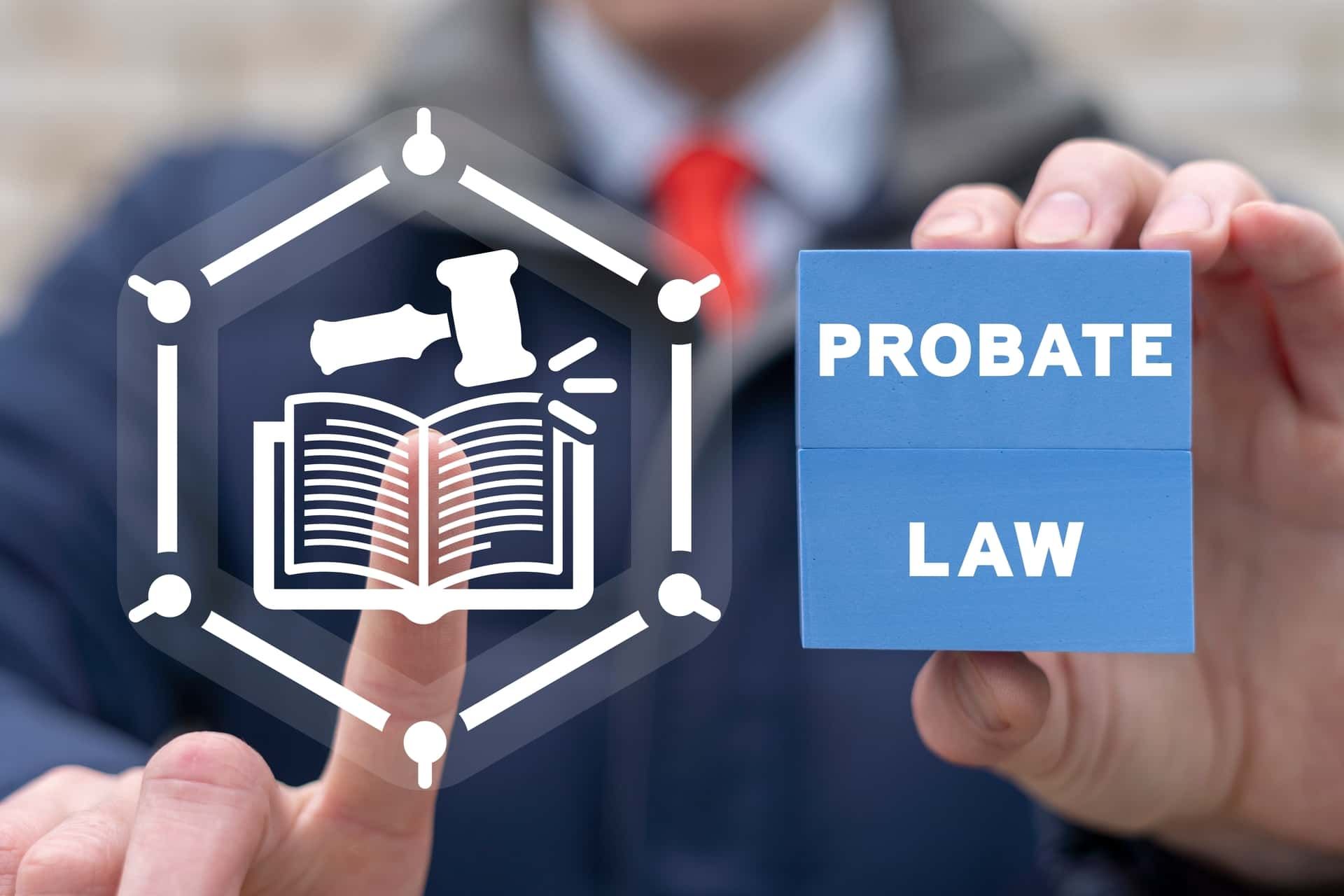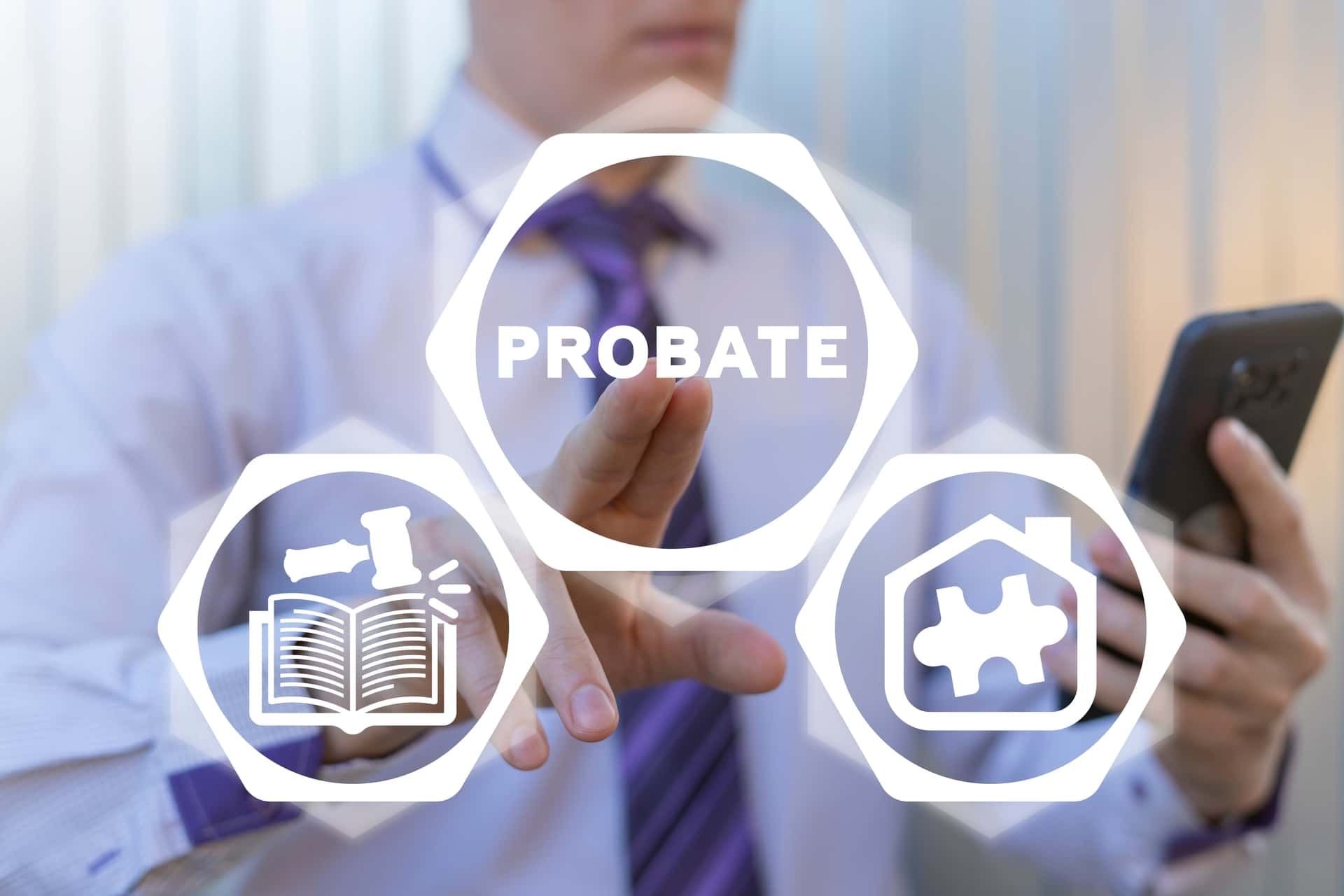During Small Business Week, IRS Urges Businesses To Make Estimated Tax Payments So They Don’t Owe
As part of Small Business Week, the Internal Revenue Service today reminds small business owners and self-employed people that they can avoid a surprise tax bill and possibly a penalty by making estimated tax payments during the year.
This year, National Small Business Week is May 5-11. For more than 50 years, the week has recognized the important contributions of America’s entrepreneurs and small business owners.
By law, everyone must pay tax as they earn income. Estimated tax is the method used to pay tax on income that is not subject to withholding. For small business owners and self-employed people, that usually means making quarterly estimated tax payments as they earn or receive income during the year. They need to pay as they go, so they don’t owe.
Individuals, including sole proprietors, partners, and S corporation shareholders, generally must make estimated tax payments if they expect to owe tax of $1,000 or more when they file their 2019 tax return. Often, this includes people involved in the sharing economy. Corporations generally must make these payments if they expect to owe tax of $500 or more on their 2019 tax return.
Estimated tax is used to pay not only income tax but other taxes such as self-employment tax and alternative minimum tax. Estimated tax requirements are different for farmers and fishermen. Publication 505, Tax Withholding and Estimated Tax, has more information about these special estimated tax rules.
How and when to pay estimated taxes
The next quarterly estimated tax payment for 2019 is due June 17. Taxpayers may have to pay estimated tax for 2019 if their tax was more than zero in 2018. See the worksheet in Form 1040-ES, Estimated Tax for Individuals, or Form 1120-W, Estimated Tax for Corporations, and Publication 505 for details on how to figure estimated tax payments.
Using the Electronic Federal Tax Payment System (EFTPS) is the easiest way for individuals and businesses to make estimated tax payments. Using EFTPS, they can access a history of their payments, so they know how much and when they were made. Corporations must deposit payments using the EFTPS. For more information, refer to Publication 542, Corporations.
Wage-earners who also have business income can often avoid having to pay estimated tax by asking their employer to withhold more tax from their earnings. The IRS urges anyone in this situation to do a Paycheck Checkup, using the IRS Withholding Calculator. If the calculator suggests a change, they can then submit a new Form W-4 to their employer. This form has a special line to enter any additional withholding amount.
Penalty for underpayment of estimated tax
Anyone who pays too little tax through withholding, estimated tax payments, or a combination of the two may owe a penalty. In some cases, the penalty may apply if their estimated tax payments are late, even if they’re due a refund.
For the tax year 2019, the penalty will generally apply to anyone who pays less than 90 percent of the tax reported on their 2019 income tax return during the year through withholding, estimated tax payments, or a combination of the two. People who base their estimated tax payments on last year’s tax will normally avoid a penalty if they pay 100 percent of the amount shown on Line 15 of their 2018 Form 1040 (110 percent of their income was more than $150,000).
Exceptions to the penalty and special rules apply to some groups of taxpayers, such as farmers, fishermen, casualty and disaster victims, those who recently became disabled and recent retirees. In addition, anyone who receives income unevenly during the year can often avoid or lower the penalty by annualizing their income and making unequal payments throughout the year. See Form 2210, Underpayment of Estimated Tax by Individuals, Estates, and Trusts (or Form 2220, Underpayment of Estimated Tax by Corporations), for more on the penalty. Refer to the Form 1040 Instructions or Form 1120 Instructions for where to report the estimated tax penalty.
Here’s a reminder for those who still need to file for tax-year 2018. An expanded estimated tax penalty waiver may be available to those who paid too little tax during 2018. See Form 2210 and its instructions and Form 843, Claim for Refund and Request for Abatement, for details.
source: irs.gov
Disclaimer: The information on this website and blog is for general informational purposes only and is not professional advice. We make no guarantees of accuracy or completeness. We disclaim all liability for errors, omissions, or reliance on this content. Always consult a qualified professional for specific guidance.
RECENT POSTS
CONTACT US






